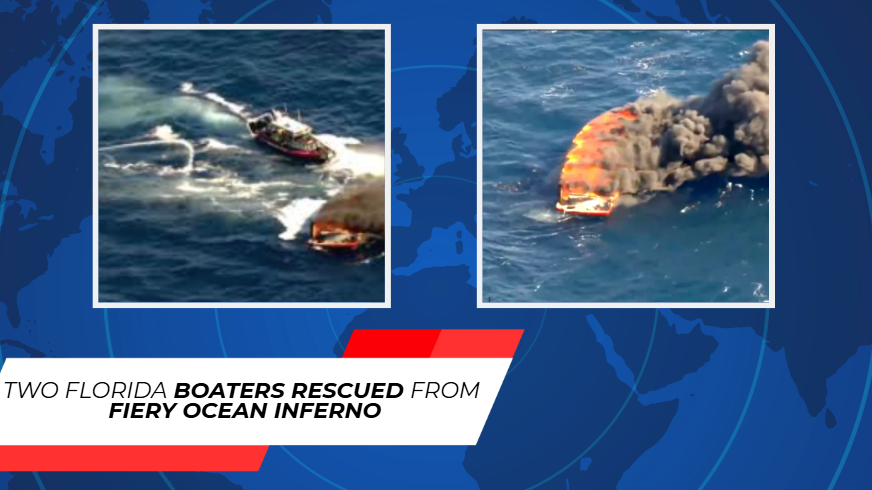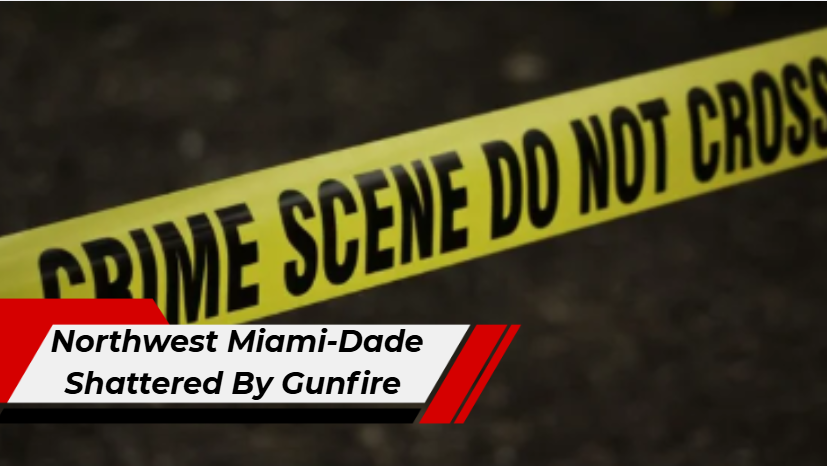Buried Alive: The Fatal Burden of a Rainmaker in South Sudan
Torit, South Sudan – In the remote highlands of South Sudan’s Lopit mountains, the role of a rainmaker is both sacred and perilous. Revered as custodians of nature’s most vital resource, rainmakers are believed to hold the power to summon rainfall through ritual and prayer. But when the rains fail, reverence can quickly turn to resentment, and the community’s faith in its chosen figure can dissolve into fatal violence.
Such was the case of Solomon Oture, a rainmaker from the small village of Lohobohobo, who in October 2024 was buried alive by members of his community after years of devastating droughts. His death, shocking in its brutality, underscores the weight of tradition, superstition, and collective desperation that continues to shape life in this corner of the country.
A Community’s Faith Shattered
Oture, in his early fifties, had long served as the spiritual intermediary between his people and the elements. In a region where agriculture and survival depend almost entirely on rainfall, the community had turned to him with reverence. But when consecutive years of drought struck the Lopit mountains, patience wore thin.
Villagers began questioning Oture’s ability to fulfill his role. For them, the rainmaker was more than a ceremonial figure; he was seen as the guarantee of food security, fertility, and survival. As crops failed and hunger spread, the frustration of community leaders intensified.
Fearing for his safety, Oture fled Lohobohobo. He found temporary refuge with his late brother’s widow in a neighboring settlement, a four-hour walk away. But this safety was fleeting. Within weeks, young men from his village tracked him down, demanding his return. He had no choice but to comply.
Judgment Without Mercy
Upon his forced return, Oture was brought before the community in the village square, a dusty clearing enclosed by a wooden fence. Elders arrived prepared to deliberate his fate, but they were swiftly overruled by the Monyomiji – the ruling generation of fighting-aged men charged with enforcing customary law.
According to witnesses, Oture remained calm, showing no resistance. His composure belied the tragic fate awaiting him. Led away from the square, he was marched out of the village, down the mountainside, and toward a freshly dug hole in the earth. Without protest, Oture descended into the pit. Moments later, the villagers buried him alive.
A Pattern of Violence Against Rainmakers
Oture’s death is not an isolated event. Local media and community leaders confirm that at least five other rainmakers have suffered similar fates in the Lopit mountains over the past forty years. Methods of execution have included burial alive, burning, beatings, and exile.
One family member from a neighboring village confirmed that another rainmaker was killed in 2021, buried alive by his community under strikingly similar circumstances. Others are said to have vanished, driven into permanent exile after failed harvests. The exact number of victims remains uncertain, as silence often blankets these tragedies.
The Silence of Fear
In Lohobohobo, nearly a year after Oture’s killing, discussion of his death remains taboo. Residents shrink from the subject, visibly uncomfortable when asked about rainmakers. Many fear reprisal from the Monyomiji, who reportedly warned villagers not to speak of the incident. Those who break the silence risk being branded traitors and cast out of the community.
Matthew Oromo, a former government official who investigated Oture’s case, confirmed that villagers faced threats for speaking publicly. “The fear is real,” he said. “Anyone who questions the actions of the Monyomiji risks exile or worse.”
Tradition, Superstition, and Desperation
The persistence of such killings reveals the deep entanglement of tradition and survival in South Sudan’s rural communities. Rainmakers are both venerated and feared, their perceived powers making them central to village life. When rains fall, they are celebrated; when drought lingers, they become scapegoats.
This duality reflects broader challenges in South Sudan, where decades of civil conflict, economic instability, and climate stress have left rural communities with few alternatives. With modern meteorology or agricultural support absent in remote villages, faith in spiritual intermediaries persists as both a cultural anchor and a potential flashpoint.
Calls for Accountability and Change
Despite confirmation of Oture’s killing by government officials in Torit and by residents, there has been little progress toward accountability. Regional experts warn that pressing the matter too directly could provoke retaliation against those suspected of speaking to journalists or authorities.
Advocates argue that more must be done to protect vulnerable figures like rainmakers, and to provide communities with scientific and agricultural resources that could lessen reliance on ritual. Without such interventions, they warn, rainmakers will continue to bear the brunt of collective desperation.
A Life Buried in Silence
Oture’s calm acceptance of his fate stands as a haunting reminder of the precarious role rainmakers play in their societies. Revered when times are good, reviled when they are not, their lives hinge on forces far beyond their control.
In Lohobohobo, his name is now spoken only in whispers. For his family, the pain of his death is compounded by the silence surrounding it. And for the wider Lopit community, his story serves as both a tragedy and a warning – that until the cycles of superstition and violence are broken, others may one day meet the same fate.
%20(4).png)



.jpg)



.png)
